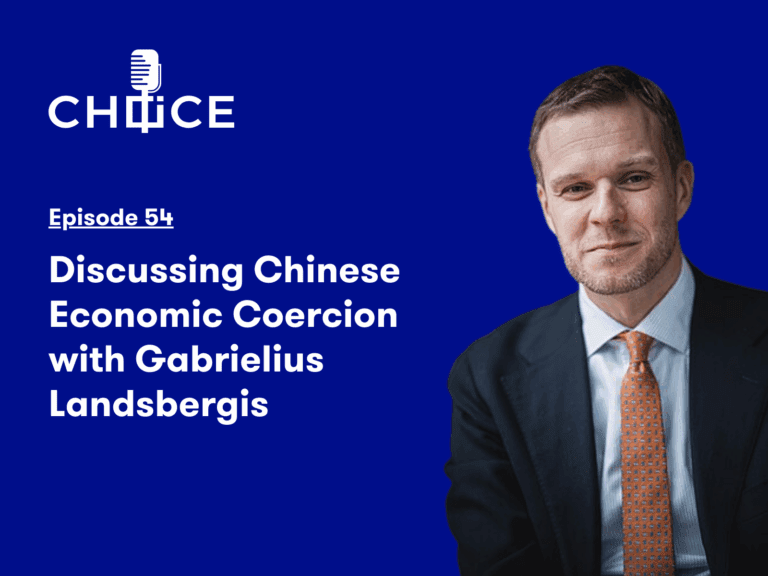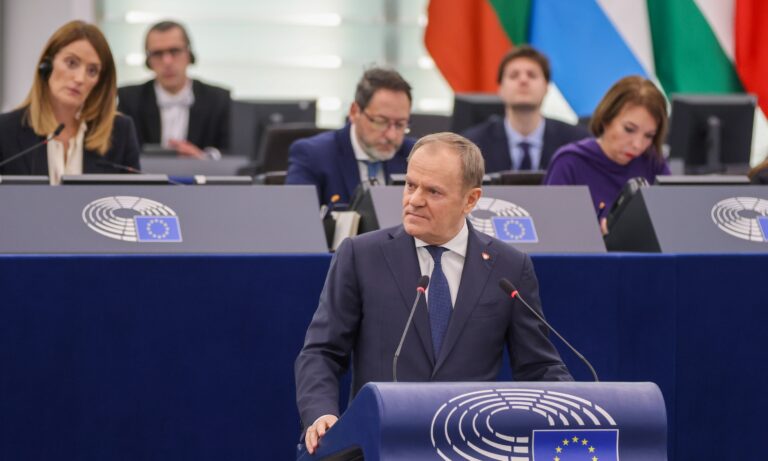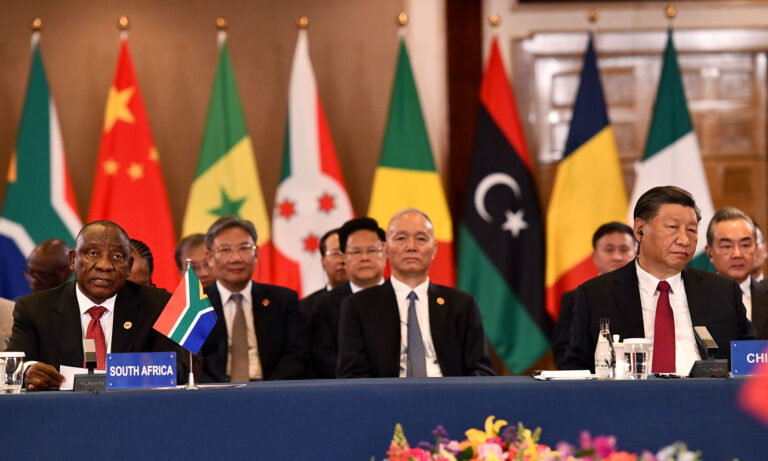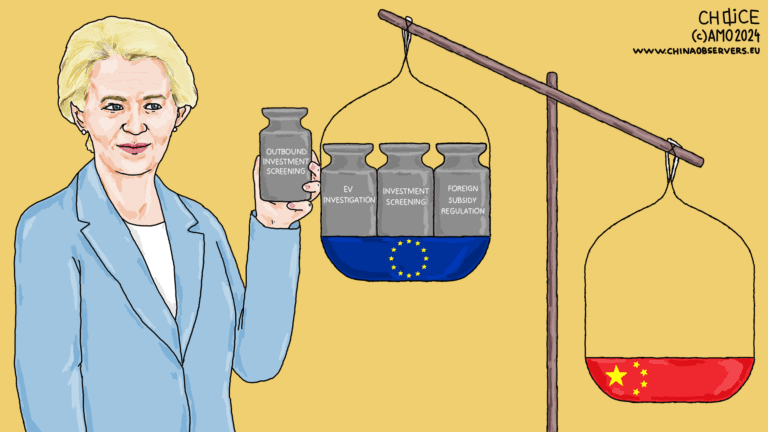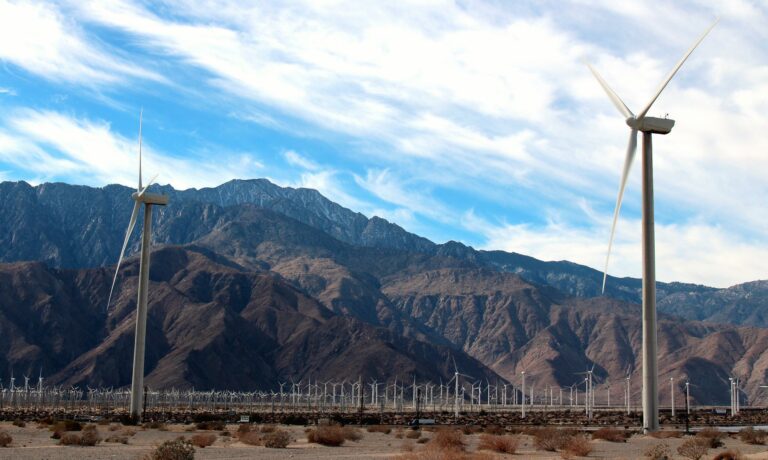#Investment
EU’s War on US Big Tech is Handing China the Future
This article is part of a series of articles authored by young, aspiring China scholars under the Future CHOICE initiative. The EU has spent years cracking down on US tech giants. While Brussels sees this…
Voice for CHOICE #54: Discussing Chinese Economic Coercion with Gabrielius Landsbergis
In this exploration of Lithuania’s bold diplomatic stance on Taiwan, Lithuania’s former Foreign Minister, Gabrielius Landsbergis provides a first-hand account of navigating the complex geopolitical tensions between Beijing, Taipei, and Vilnius. The conversation examines…
Ghosts of FDI Past: Rethinking Poland’s China Strategy
This article is based on the research paper “Red Flags or Economic Gains? The Reality of Chinese FDI in Poland” by Joanna Nawrotkiewicz, published by the Association for International Affairs (AMO) in April 2025. As Poland…
China’s Narrative Warfare in Africa: Influence and Mechanisms
This article is based on a research report titled ‘Strings attached: China’s narrative influence in Sub-Saharan Africa’ originally published on January 30, 2025, by Hybrid CoE. The Chinese Communist Party (CCP) is frustrated that its economic and…
Impact of Chinese Investment in Anaklia: Strategic Implications for Georgia and Europe
Georgian Dream, the ruling political party in Georgia, has awarded the Anaklia deep seaport construction project to a Chinese-Singaporean consortium. This strategic decision not only shifts Georgia’s Euro-Atlantic aspirations but also raises security concerns,…
China’s Growing Interests in the Black Sea Region
Amid a major shift in Georgia’s foreign policy away from its traditional fixation on the West toward Asia, China has successfully tapped into this emerging opportunity by aiming at expanding its presence in the Black Sea region.
Western Balkans’ Economic Cooperation with China: Between “Positive” Conditionality and Economic Coercion
While China has been using economic pressure to make countries around the world refrain from stepping over some of its “red lines”, the Western Balkan region serves as an example of a rather opposite…
China Goes Green in Central Asia
Beijing targets Central Asia with green energy investments and eyes the boosted role of the region as a trans-Eurasian connectivity corridor amid Red Sea tensions.
Serbia’s Dance with the Dragon on the EU’s Doorstep
China’s expanding presence in the Western Balkans further complicates the region’s already tangled geopolitical landscape. For Serbia, as a lynchpin of China’s regional standing, the bilateral ties hold profound significance, even as they risk impeding the country’s pursuit of European integration. Facing, the challenge, the EU needs to make decisive steps to make Serbia finally decide whether it sees its future in or outside of the Union.
From Zero to Hero? Chinese Investment in Electric Vehicle Supply Chains in the Visegrád Four
Over the past decade, China has emerged as a prominent player in the global electric vehicle (EV) market. Its early recognition of the significance of electromobility for the future and government support for the sector, coupled with considerable control over the mining and processing of raw materials used in battery production, has positioned China as a key actor in the EV market.
For Chinese Companies, Better Access to the EU Single Market Leads through the Western Balkans
As the EU envisions granting further advantages of the single market to aspiring members in the Western Balkans ahead of the full accession, the issue of how to manage trade with China becomes more salient.

